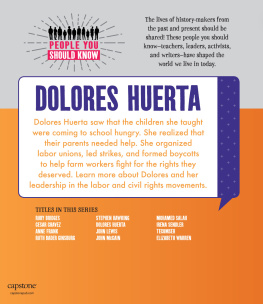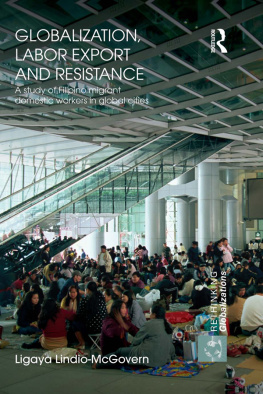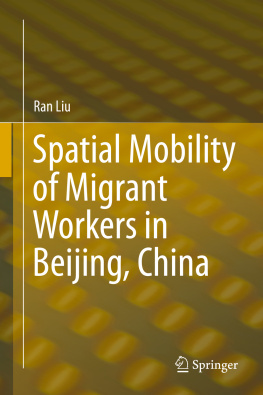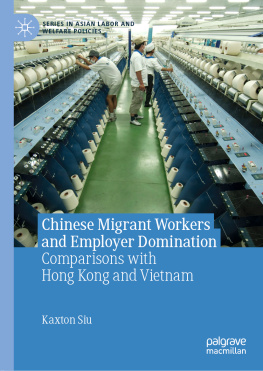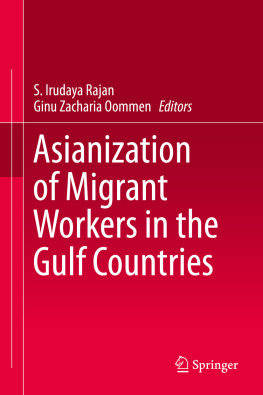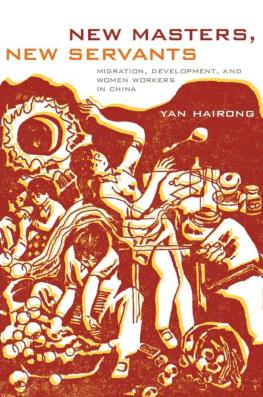Farah Kobaissy - Organizing the Unorganized: Migrant Domestic Workers in Lebanon
Here you can read online Farah Kobaissy - Organizing the Unorganized: Migrant Domestic Workers in Lebanon full text of the book (entire story) in english for free. Download pdf and epub, get meaning, cover and reviews about this ebook. year: 2016, publisher: The American University in Cairo Press, genre: Politics. Description of the work, (preface) as well as reviews are available. Best literature library LitArk.com created for fans of good reading and offers a wide selection of genres:
Romance novel
Science fiction
Adventure
Detective
Science
History
Home and family
Prose
Art
Politics
Computer
Non-fiction
Religion
Business
Children
Humor
Choose a favorite category and find really read worthwhile books. Enjoy immersion in the world of imagination, feel the emotions of the characters or learn something new for yourself, make an fascinating discovery.

- Book:Organizing the Unorganized: Migrant Domestic Workers in Lebanon
- Author:
- Publisher:The American University in Cairo Press
- Genre:
- Year:2016
- Rating:3 / 5
- Favourites:Add to favourites
- Your mark:
- 60
- 1
- 2
- 3
- 4
- 5
Organizing the Unorganized: Migrant Domestic Workers in Lebanon: summary, description and annotation
We offer to read an annotation, description, summary or preface (depends on what the author of the book "Organizing the Unorganized: Migrant Domestic Workers in Lebanon" wrote himself). If you haven't found the necessary information about the book — write in the comments, we will try to find it.
Farah Kobaissy: author's other books
Who wrote Organizing the Unorganized: Migrant Domestic Workers in Lebanon? Find out the surname, the name of the author of the book and a list of all author's works by series.
Organizing the Unorganized: Migrant Domestic Workers in Lebanon — read online for free the complete book (whole text) full work
Below is the text of the book, divided by pages. System saving the place of the last page read, allows you to conveniently read the book "Organizing the Unorganized: Migrant Domestic Workers in Lebanon" online for free, without having to search again every time where you left off. Put a bookmark, and you can go to the page where you finished reading at any time.
Font size:
Interval:
Bookmark:

| Maha Abdelrahman Cambridge University | Joel Beinin Stanford University |
| Amina Elbendary Arabic & Islamic Civilizations, AUC | Sharif Elmusa Political Science, AUC |
| Nicholas S. Hopkins, Chair Anthropology, AUC | Ann M. Lesch Political Science, AUC |
| Sean McMahon Political Science, AUC | Hoda Rashad Social Research Center, AUC |
| Malak S. Rouchdy Sociology, AUC | Reem Saad Anthropology, AUC |
| Hanan Sabea Anthropology, AUC | Mostafa K. Al-Sayyid Political Science, Cairo U. |
| Earl L. Sullivan Political Science, AUC | Iman A. Hamdy Editor |

Workers Union in Lebanon
by the domestic workers unionists during the
launching of their union on January 25, 2015.)
Font size:
Interval:
Bookmark:
Similar books «Organizing the Unorganized: Migrant Domestic Workers in Lebanon»
Look at similar books to Organizing the Unorganized: Migrant Domestic Workers in Lebanon. We have selected literature similar in name and meaning in the hope of providing readers with more options to find new, interesting, not yet read works.
Discussion, reviews of the book Organizing the Unorganized: Migrant Domestic Workers in Lebanon and just readers' own opinions. Leave your comments, write what you think about the work, its meaning or the main characters. Specify what exactly you liked and what you didn't like, and why you think so.

